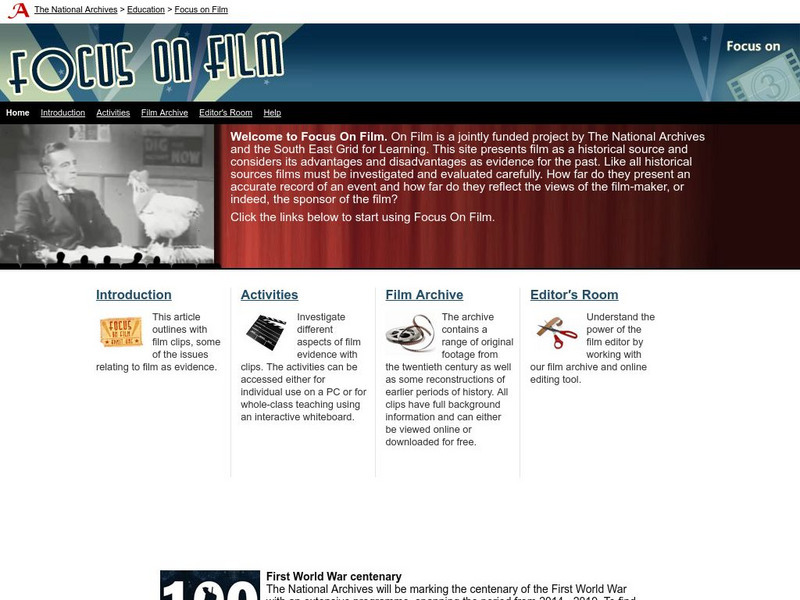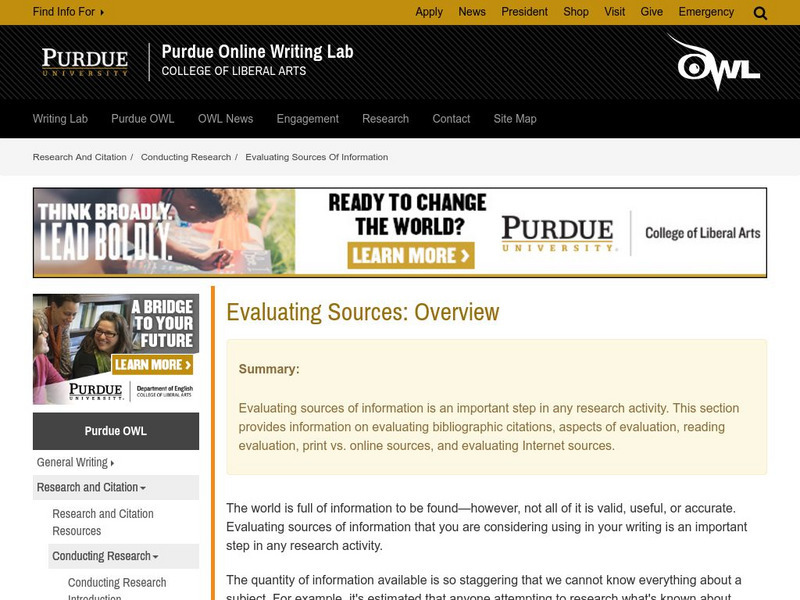Nemours KidsHealth
Media Literacy and Health: What’s the Truth?
In this personal health media literacy worksheet, students use the eight questions on this sheet to evaluate a health news report on television. Students write paragraphs the determine whether the reports are valid sources of information.
K20 Learn
Alienstock: Analyzing Information, Media, And Validity
One only has to watch MSMBC and FOX News to realize that media can present the same story in very different ways. Middle schoolers have an opportunity to test their ability to determine the validity and trustworthiness of information by...
EngageNY
Mid-Unit 3 Assessment: On-Demand Note-Taking about Howler Monkeys
Get the facts straight. Scholars complete their mid-unit assessment by reading a text, watching a video, and observing a picture about howler monkeys. They take notes about the facts they discover to use in future lessons.
Teaching Tolerance
Advertisements and You
Watch out for clever advertisements! Using the lesson, scholars learn how to identify online ads and respond to them critically. They then use what they've learned to develop a list of strategies to evaluate web pages.
Complete College America
The Marshmallow Reading/Writing Project
Which option would most children choose: One marshmallow now, or two marshmallows in 10 minutes? Learners watch the social experiment on video and discuss their observations. They then read articles and work in small groups to analyze...
Library of Virginia
Attack the Source!
A research project is only as good as the credibility of its sources. Teach elementary learners to evaluate their sources by identifying author, time of publication, and area where the source was published, among other details.
Shmoop
ELA.CCSS.ELA-Literacy.W.9-10.8
Demonstrate the importance of evaluating and citing sources. Pupils can complete the suggested assignment provided here, or one of your choosing, while focusing on checking that the resources are credible and citing those sources...
Curated OER
Evaluating Potential Sources: Deciding What to Use and What to Reject
Teach young researchers how best to choose sources. This PowerPoint presentation underscores the need for accuracy, authority, objectivity, currency, and coverage.
Curated OER
Website Evaluation
Students examine how to differentiate between authentic and unauthentic websites on the Internet. They view and discuss a photo of a shark that is a hoax, then discuss the eight ways to evaluate websites. Students then evaluate three...
National Archives (UK)
The National Archives: Focus on Film
Should students believe everything they see on tv? The National Archives provides this resource for students to examine cinemas as an accurate source of history. Links to archived videos and activities are provided. RI.11-12.7 Eval...
PBS
Pbs Learning Media: News and Media Literacy
This collection, which includes videos, blog articles, student handouts, lesson plans, and tip sheets for families, helps students identify, analyze, and investigate the news and information they get from online sources. Media literacy...
George Mason University
Gmu: Virginia Montecino: Criteria to Evaluate the Credibility of Www Resources
An easy-to-follow guide to assist in determining whether online resources are reliable and true. Find questions to ask while reviewing sources. CCSS.ELA-Literacy.CCRA.W.8 and CCSS.ELA-Literacy.CCRA.R.9
Online Writing Lab at Purdue University
Purdue University Owl: Evaluating Sources: Overview
This entry explains the need for evaluation sources, especially internet sources. W.9-10.6 Techno
Childnet
Childnet: Online Safety: Safer Internet Day
Safer Internet Day 2021 will be celebrated in the UK with the theme: An internet we trust: exploring reliability in the online world. The campaign focuses on how we can decide what to trust online, supporting young people to question,...














